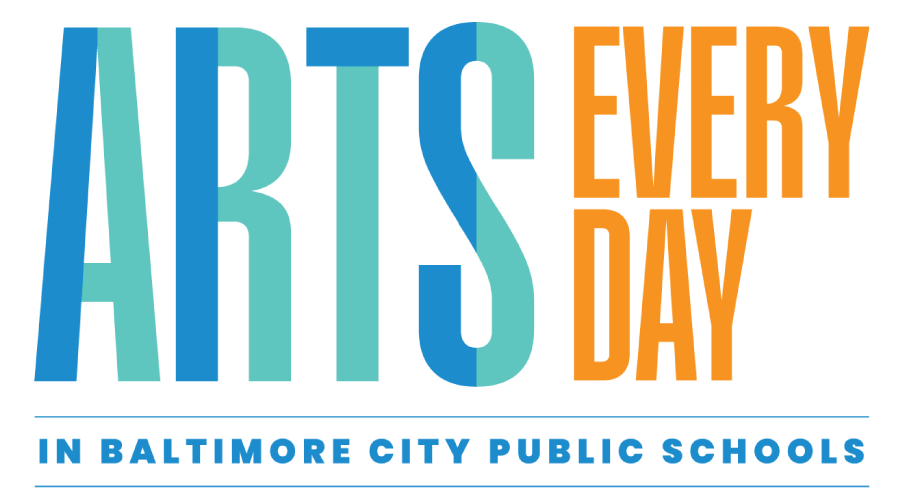
On March 3-5, 2019, the DC area was flooded with artists, arts organizations, and arts advocates for the National Arts Action Summit hosted by Americans for the Arts (AFTA). This 3 day summit consisted of a day devoted to youth advocacy, a day of educating on policy and arts funding, and a day of visiting elected officials to lobby for the arts.
With the President’s call to eliminate funding for the National Endowment for the Arts (NEA) and National Endowment for Humanities for the third time, arts advocates across the nation gathered together on Capitol Hill to express the urgency of the impact of the NEA and ask for bipartisan support with a budget of $167.5 million for FY2020.
Members from Arts Every Day took the time to educate officials about the value of the arts by looking at topics and issues that were important to them and all the arts organizations that are impacted by arts funding in the regions they represented. By describing how education policies, tax reform, and provisions affecting arts funding impacts the lives of their constituents, we were able to share the ways that even changes in tax policy, for example, can have a major influence on donors support for non-profit organizations.

Participants on National Arts Advocacy Day learned about the importance of arts education and the Every Student Succeeds Act which:
- Advances equity by upholding critical protections for America’s disadvantaged and high-need students.
- Requires—for the first time—that all students in America be taught to high academic standards that will prepare them to succeed in college and careers.
- Ensures that vital information is provided to educators, families, students, and communities through annual statewide assessments that measure students’ progress toward those high standards.
- Helps to support and grow local innovations—including evidence-based and place-based interventions developed by local leaders and educators.
- Sustains and expands this administration’s historic investments in increasing access to high-quality preschool.
- Maintains an expectation that there will be accountability and action to effect positive change in our lowest-performing schools, where groups of students are not making progress, and where graduation rates are low over extended periods of time. (1)
Did you know that the creative economy contributed $764 billion to the US economy? Did you also know that that economic impact was more than the Department of Transportation, Department of Agriculture, and the Department of Tourism! Ensuring the future of our creative economy means investing in quality arts education which fosters higher civic engagement, more social cohesion, and lower poverty rates. (2)
Armed with this knowledge and the ways that policy trickles down in various ways to affect the arts in our schools makes us better and more informed advocates fighting for a well-rounded education for every student in all schools.
(1) Every Student Succeeds Act (ESSA), ESSA Highlights https://www.ed.gov/essa
(2) Congressional Arts Handbook 2019, Facts and Figures, National Arts Action Summit, DC.
